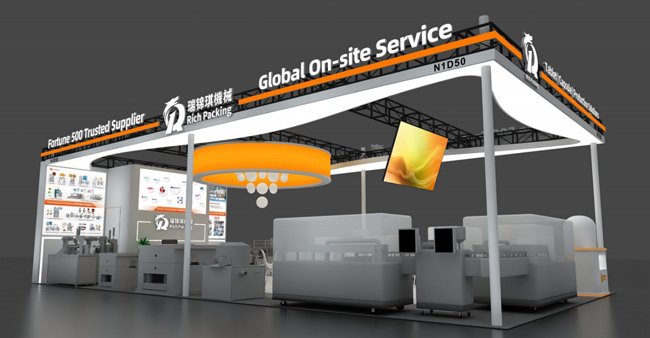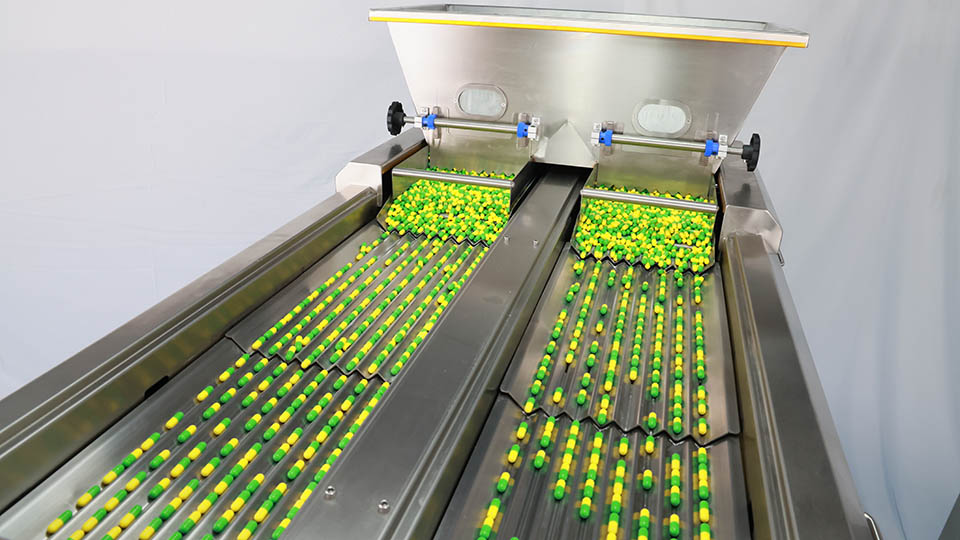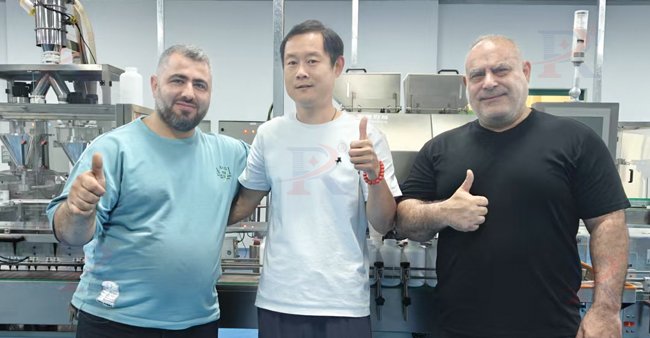
Source: pexels
Different groups will choose different ways to obtain health and prevent many diseases. For many reasons, capsules have more advantages than tablets. Capsules dissolve faster than others, so the ingredients in the cap can enter the body system better. Also, capsules are usually tasteless, most people think they are easier to swallow.
If you maintain your health through nutritional supplement products, do you know the difference between the two main types of capsules–veggie capsules and gelatin capsules? This article will take you through the two top competitors in the capsule world, so as to help you choose the capsule type that suits you.
What is Veggie Capsule?

Source: pixabay
Veggie capsules are made from cellulose extracted from natural plants. The plant cellulose used is hydroxypropyl methylcellulose or HPMC for short. This type of cellulose comes from softwood trees such as pine, spruce, and fir. Veggie capsules provide a very natural delivery system for supplementary ingredients and can still deliver the contents to the body everywhere quickly.
Generally, veggie capsules are easily absorbed and digested by the human body. And the veggie capsule variety is completely non-toxic and 100% natural. It does not take a negative health risk, even when consumed in large quantities and over a long period of time.
It is worth mentioning that Veggie capsules are very suitable for people who cannot eat gelatin for any religious, cultural, or dietary reasons. Although in the current market, gelatin capsules are more widely used than veggie capsules because of their lower production cost. Despite the cost factor, veggie capsules provide additional benefits, in addition to being a good substitute for gelatin capsules.
What is Gelatin Capsule?
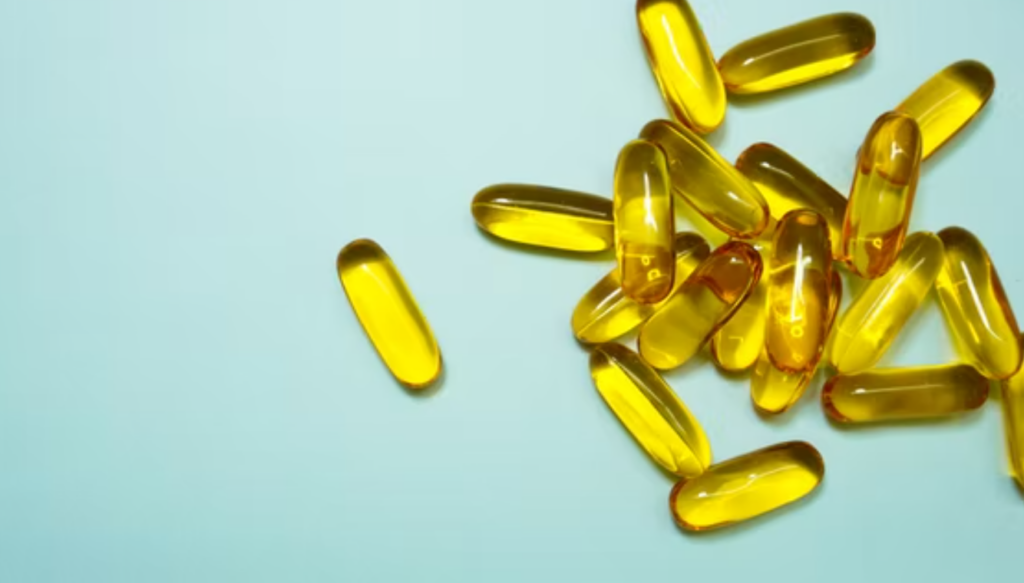
Source: unplash
Gelatin, usually used as a base for jellies, comes from cattle or pigs. Most manufacturers strictly use cattle or others as the source of gelatin capsules.
Gelatin is mainly made by boiling some parts of cattle. Hooves, bones, and connective tissue are boiled until they become gel-like substances, then cooled and expanded in cold water. When this process is completed, only a tasteless and colorless substance remains, which can be made into gel capsules for consumers to take every day. This process releases collagen from animal tissues. Gelatin is processed in large quantities, therefore, according to some people, it is not a formal animal product.
Gelatin has a wide range of health benefits. The most praiseworthy thing is that the production cost is low, and they are usually cheaper than veggie capsules. In general, some people do not want to consume these animal types of products, which is usually due to their religious views or they are using a vegetable program.
Hard Gelatin Capsules
The hard gelatin capsule is composed of the main body and the cap, and usually, each part has different colors. The capsules in this form contain dry ingredients in powder form.
In general, the production process of hard gelatin capsules is to first fill the body with a mixture of the active ingredient and any excipients used, and then close the lid using a manual or automatic machine.
Once ingested, the hard gelatin capsule will decompose within three minutes and release the internal drug rapidly. Hard gelatin capsules also have hygroscopicity, and their water content is about 12-15% higher than that of soft gelatin capsules. If moisture migrates, the integrity of the capsule case may be impaired.
For example, the hard gelatin capsule is filled with polyethylene glycol 400 and polyethylene glycol 600, and the moisture in the capsule shell will migrate to the polyethylene glycol filler, resulting in its brittleness and fragility.
Some drugs need to be released in some parts of the body, so the capsules must release the drugs earlier. To this end, a target-release pill can be filled into the capsule.
Soft Gelatin Capsules
Unlike hard gelatin capsules, soft gelatin capsules are shells made of a single piece of gelatin, rather than two halves connected together. They are used for solutions that are not based on water, as this dissolves gelatin, but for oil-based solutions. The active ingredient is dissolved in the oil-based solution. Once the capsule is taken in, it will dissolve in the body and release the drug.
The soft capsule dissolves within minutes after reaching the stomach. Soft gelatin capsules are manufactured and filled by using the same machine as part of a single process, and some capsules are printed with brand or dose intensity. Gelatin is hygroscopic, and gel contains 5-14% water. Compared with the sensitivity of hard gelatin capsules to water, the plasticizer present in the soft capsule shell can give it elasticity, allowing the case to accommodate hydrophilic excipients such as PEG400 and PEG600.
Veggie Capsules vs. Gelatin Capsules
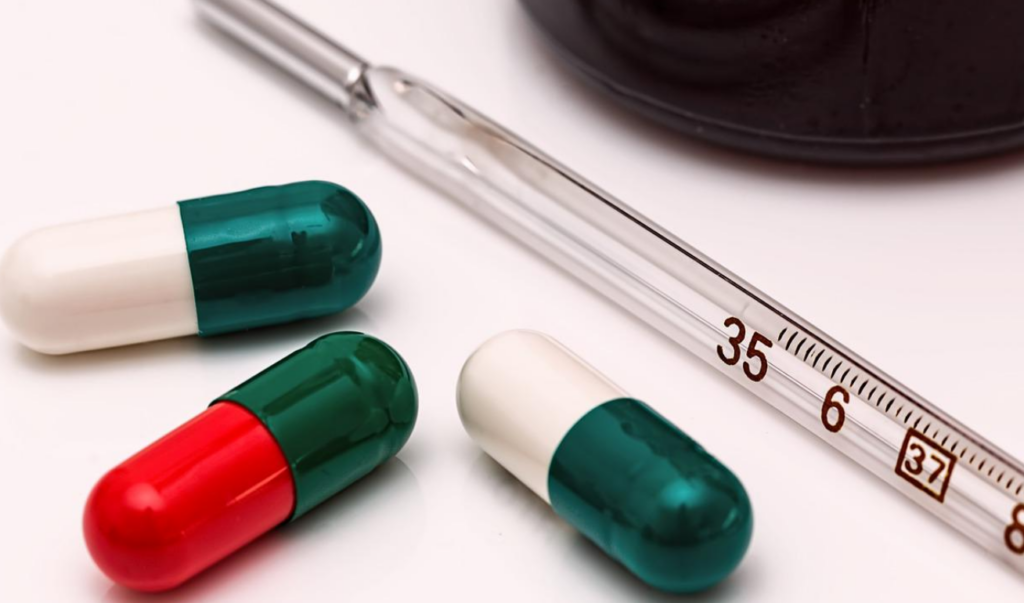
Source: pixabay
| Veggie Capsules | Hard Gelatin Capsules | Soft Gelatin Capsules | |
| Ingredients | HPMC | Medical gelatin | Medical gelatin; plasticizer |
| Stability | Higher | Middle | Lower |
| Content tolerance | Suitable for solid, semi-solid, and gel solid | Suitable for solid | Suitable for solid and semi-solid |
| Degradation by heat | Above 80°C | Above 60°C | Above 37°C |
| Dissolution in water at room temperature | Soluble | Insoluble | Insoluble |
Ingredients
Veggie Capsule
The main component of the plant capsule is medicinal hydroxypropyl. HPMC is 2-hydroxypropyl methylcellulose. Cellulose is the most abundant natural polymer in nature. HPMC is usually made from short cotton wool or wood pulp by etherification.
Gelatin Capsule
The gelatin capsule shell is composed of gelatin, plasticizer, and shading agent. The main component is high-quality medical gelatin. Collagen in the skin, tendons, and bones of gelatin-derived animals, is a protein partially hydrolyzed from collagen in animal connective tissue or epidermal tissue.
Stability
Veggie Capsule
Hydroxypropyl methylcellulose(HPMC) of the veggie capsules is more stable than gelatin. It maintains its structural integrity due to its low moisture content. The plant cellulose polymer can also withstand humidity because its moisture content is 3% to 7%. The rigidity of veggie capsules makes them suitable for water-like contents, water-sensitive particles, and liquid, gel, and oil formulations. It can also contain powdery ingredients. vegetarian casings can also remain stable under dry conditions.
Gelatin Capsule
Instead, gelatin capsules absorb moisture from the surroundings. Its moisture content is between 13% and 17%. It decomposes easily under wet conditions. Therefore, extra straps are required to enable the capsule to efficiently contain liquid and oil for a long time.
Gelatin capsule is a kind of natural protein, which is easily hydrolyzed to produce amino acids. Thus, it can also react with aldehydes, reducing sugars, metal ions, plasticizers, and preservatives.
In-filled Content Tolerance
Veggie Capsule
Veggie capsules can tolerate most chemicals. Therefore, it can handle different states of the recipe. Veggie capsules are the preferred capsule matrix for substances with more semi-solid or gel compositions. For powdered formulations, neither veggie capsules nor gelatin capsules are suitable for liquid formulations(although some veggie capsules can handle some semi-solid and gel formulations).
Gelatin Capsule
Hard gelatin capsules cannot be filled with liquid or semi-solid. Although soft gelatin capsules can be filled with such contents, the production of soft gelatin capsules requires special manufacturing conditions, strict temperature, and humidity environmental control.
Degradation & Dissolution
Veggie Capsule
Through a large number of tests, veggie capsules are hardly brittle under low humidity conditions, and the performance of the capsule shell is still stable under high temperature and high humidity conditions. What’s more, all indexes of plant fiber are not affected under extreme storage conditions. The dissolution of the HPMC capsule shell depends on the PH and composition of the dissolution medium, but the dissolution time is usually longer than that of a hard gelatin capsule. The veggie capsules are more soluble in water or more soluble in water.
Gelatin Capsule
Temperature is an important factor in storing capsules. When the temperature is lower than 37℃, the solubility of gelatin decreases. When the temperature is lower than 30℃, the gelatin capsule shell will only absorb water and expand without disintegration.
Gelatin was obtained by denaturation of collagen. As amphoteric substances, gelatin can react with acids and bases. At the same time, the cross-linking reaction will occur in gelatin capsules, which reduces their dissolution rate. When polymer chains are entangled, it takes longer for dissolved molecules to saturate the chains and break the connections. The higher the degree of connection, the longer the time required for the polymer to dissolve. Moreover, gelatin capsules are easy to adhere to capsules under high humidity conditions, are easy to become hard or brittle under low humidity conditions, and are highly dependent on the temperature, humidity, and packaging materials of the storage environment.
Absorption & Digestion
Veggie Capsule
Whether our body can easily absorb the capsule is crucial. Veggie capsules can increase the absorption capacity of the product. The higher the absorption rate, the greater the chance for the body to obtain nutrition. Veg caps have strong metabolic inertia and are not easy to cross-link with aldehyde-containing drugs. Thus, the capsules have a short disintegration time, high solubility, good drug release effect, and fast absorption by the human body.
Gelatin Capsule
The main component of gelatin capsules is collagen, which is very easy to cross-link with amino acids, aldehydes, and other drugs, resulting in a long disintegration time and reduced dissolution of the capsules. So, for people with weak digestive systems, the efficacy of gelatin capsules will be absorbed slowly.
Which is Better & How to Choose?
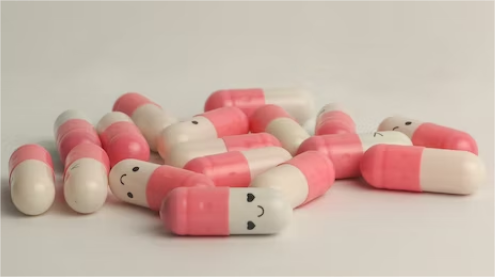
Source: unplash
Comparison of advantages and disadvantages
For all intents and purposes, gelatin capsules and veggie capsules have the same purpose and can be interchanged for any formulation. The only difference is whether the finished product can be accepted by veggies. Both types of capsules have their advantages, and each type has its own limitations. Because of their different structures, the properties of the two capsules are also different.
Compared with gelatin capsules, veggie capsules stand out in terms of stability because of its lower moisture content, lower moisture absorption, and stability in different temperature and humidity ranges. In terms of solubility, both types of capsules can be well dissolved at human body temperature(37°C). However, veggie capsules are easily soluble in water at room temperature, but the solubility of gelatin capsules will start to decrease as the temperature drops below 37°C, while it cannot be dissolved below 30°C. In addition, veggie capsules are suitable for containing more kinds of filling materials, while gelatin capsules are easily degraded by aldehyde end products, mainly in liquid and semi-liquid forms.
Although the difference is obvious, both types are popular in the capsule industry. The most important thing is that you should choose the type of capsule that suits you according to your own needs.
Tips to Select
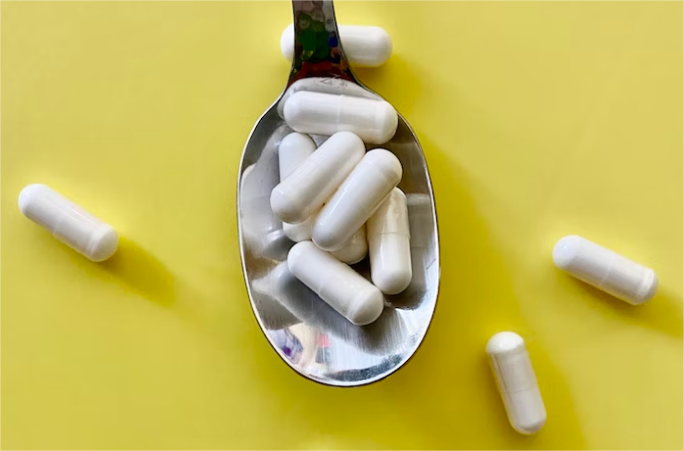
Source: unplash
Price
From the perspective of price, veggie capsules are more expensive than ordinary gelatin capsules because of the complexity of their production process. Therefore, if you have no problems with eating animal products, you do not need to avoid taking gelatin capsules.
Environment
If you live in a humid environment for a long time, gelatin capsules may not be the best choice. Because the change of relative humidity may cause the shell to become brittle or damp, sometimes it will have a negative impact on the filling material, such as poor stability due to moisture absorption, or crystal form change.
The Type of Container
An important factor in selecting capsules is also the type of container. If the medicine you fill has strong moisture absorption, it is more suitable to use veggie capsules to prevent moisture from migrating from the capsule shell to the filling. If the filling is only solid, gelatin capsules can meet your needs.
However, if it is a semi-solid filler, veggie capsules can be better stored to prevent the filler from deteriorating and losing its efficacy.
Digestibility
If your digestive system or absorption system is not good, generally speaking, veggie capsules are more easily absorbed and digested by your body.
Manufacturing Process
It is worth mentioning that the main component of gelatin capsules is protein, so it is easy to breed bacteria and microorganisms. Preservatives need to be added in the capsule production process, and ethylene oxide sterilization is also required before packaging of the finished products to ensure the microbial control index of the capsules.
The production process of the plant capsule does not need to add any preservatives and sterilization treatments, which fundamentally solves the problem of preservative residue. Thus, if you are worried about whether the capsule has side effects, veggie capsules may be more worthy of your trust.
Key Takeaway
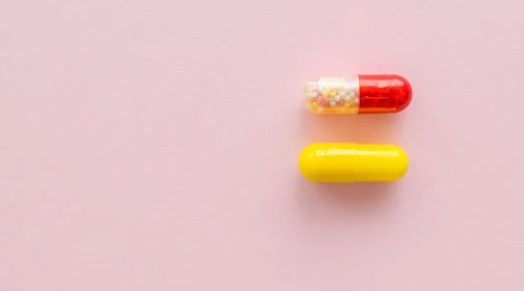
Source: pexels
Both veggie capsules and gelatin capsules are popular with consumers and are the best choice as nutrition supplement products. The choice of the two types of capsules depends entirely on personal preference. The most important thing is to carefully read the label when selecting, and select the most suitable capsule type according to your own needs.
